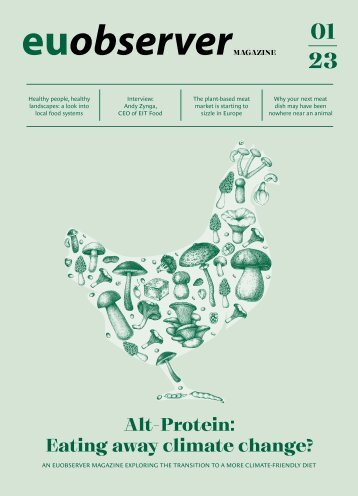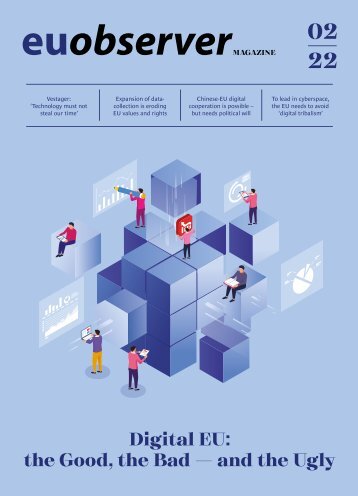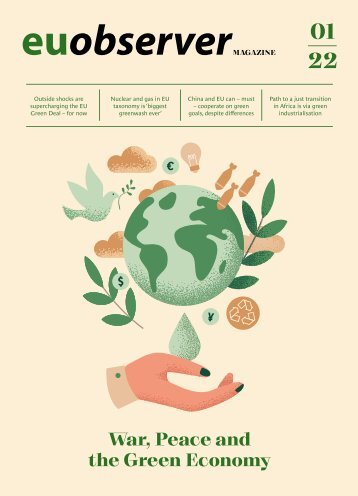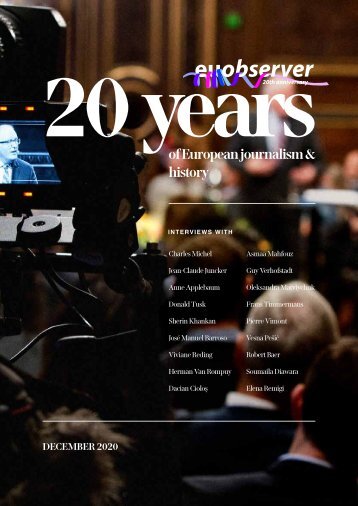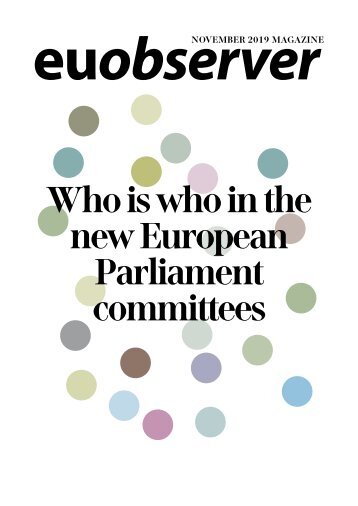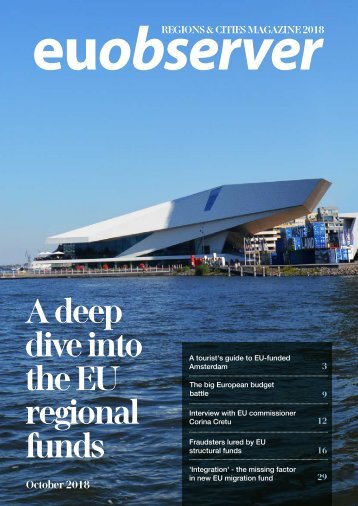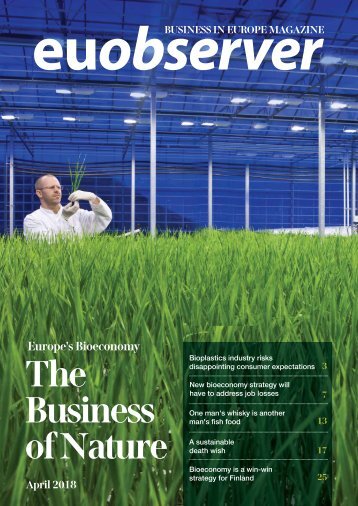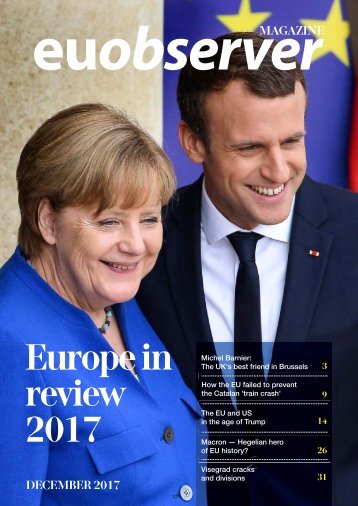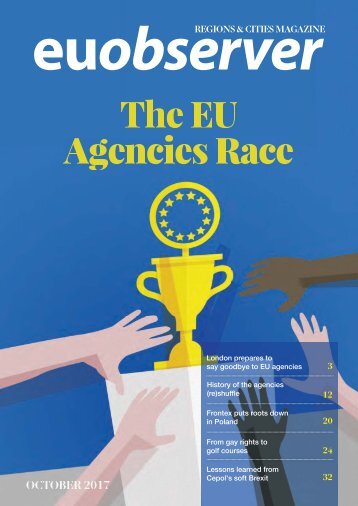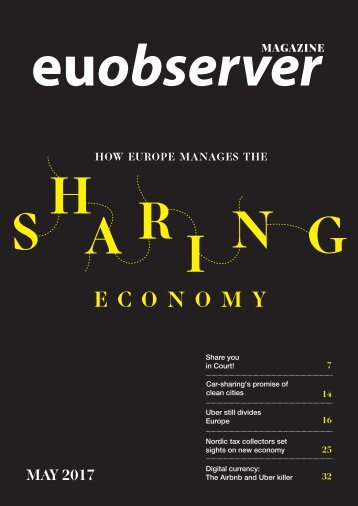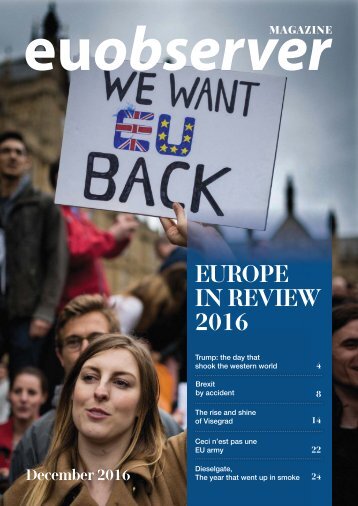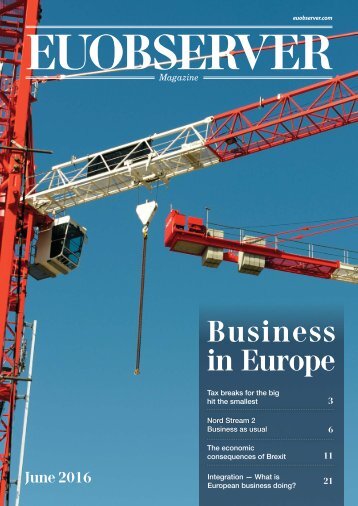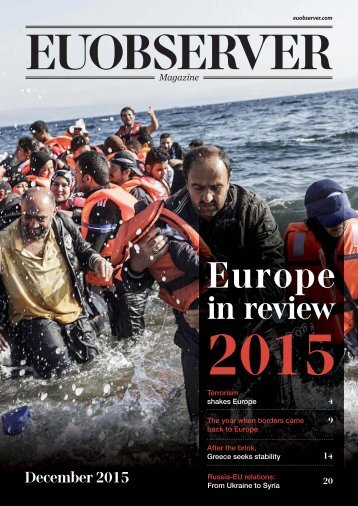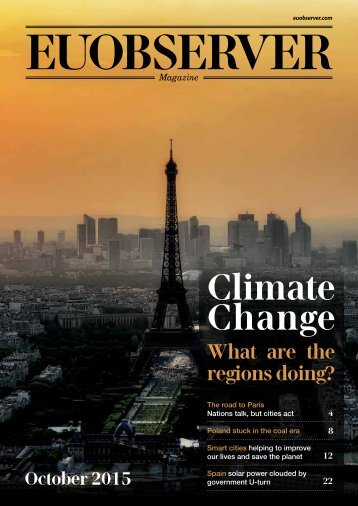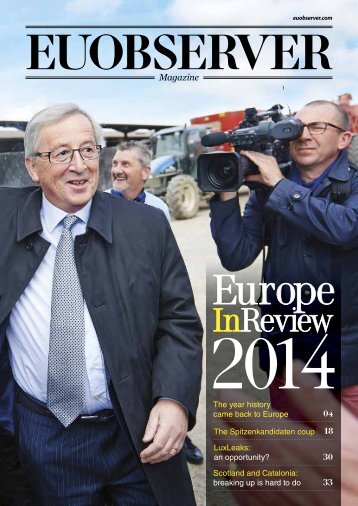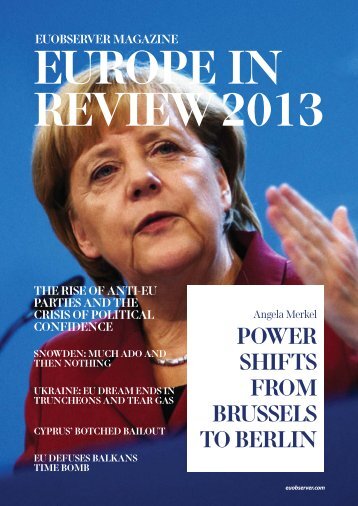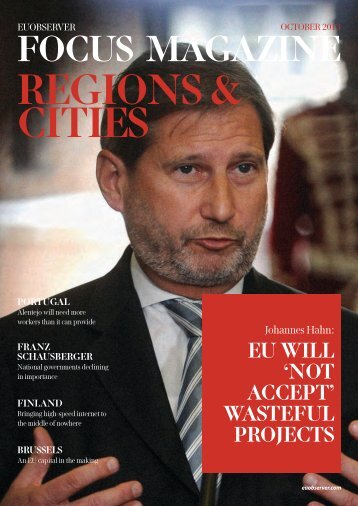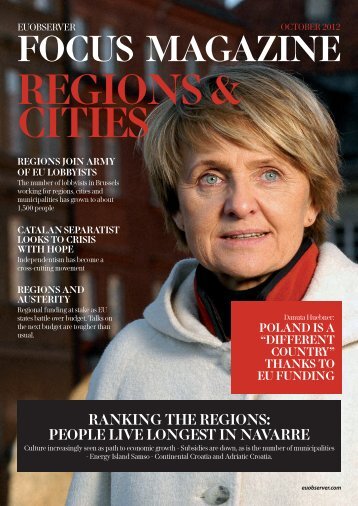Europe's Bioeconomy: The Business of Nature
- Text
- Food
- Nature
- Environment
- Union
- Agriculture
- Forestry
- Science
- Biotech
- Bioeconomy
Amid the mix are
Amid the mix are relatively new companies and technologies aiming to provide what they describe as 'greener alternatives' to the more traditional burial methods. For some, it means developing new materials and technologies to reduce a carbon footprint. Among them is 'resomation', a technique where the body is dissolved in warm high pH bath water. The body turns into a fine white power, and the remaining liquid drained off. The process is legal in a number of US states but has yet to make any inroads in the EU. Assessment, Keijzer sought to quantify the environmental impacts of Dutch burials and cremation. She found, among other things, that the carbon footprint of funerals in the Netherlands is 97kg of CO2 equivalents per burial and 210kg of CO2 equivalents per cremation. Taken as a whole, this represents a very small portion of a person's life footprint. Instead, she says issues like culture and other social norms of the ceremony itself may have an even greater impact in terms of cutting CO2 emissions. Photo: Chistann In the Netherlands, however, talks are under way to legislate resomation as part of a broader array of options for those seeking more sustainable methods of disposing corpses. "It is an actual topic here and we investigated the environmental aspects for the Netherlands," Elisabeth Keijzer, a sustainability researcher at TNO Netherlands, told EUobserver. "The only true sustainable funeral is a funeral without people being able to say goodbye and that is something we don't want, we want to have that goodbye moment," she says, noting that transport to and from a burial can be carbon intensive. Reducing CO2 funeral emissions generally therefore focused elsewhere. In one study published last year in the peerreviewed International Journal of Life Cycle Cryomation is another technique, developed by a Swedish biologist, where the body is frozen solid 18 — BUSINESS IN EUROPE MAGAZINE 2018
and then shattered into smaller pieces on a large metallic vibrating surface. But such methods are unpalatable for some and a difficult sell. For others, it simply means cutting the weight and all the associated fuel costs associated with getting a coffin to the grieving family and into the ground or furnace. THE SUPPLY CHAIN Dingco Geijtenbeek, founder of the company, Coffin in a Box, is one of them. "If you want to supply coffins you have to basically adhere to a logistics model which exists in each country," says Geijtenbeek. particle boards or even wood in some instances," says Navied Tavakolly, a circular economy business developer at Noble Environmental Technologies. Tavakolly describes the panels as fully biodegradable, recyclable, and which also contain nutrients for soil. The basic panel is 2.5mm thick and three metres long. It can be used for most any structure but when shaped into a coffin, he says they are less expensive compared to particle board. "When comparing it with hardboard, we still need to make a financial step, even though the product outperforms hardboard in technical properties. We are close." Member states use coffin depots scattered around the country to ensure supply and quick delivery. But the fuel used associated with keeping those depots stocked with heavy coffins has a cost. It is a supply chain Geijtenbeek describes as hostile to newcomers given the trade is often dominated by bigger firms. A funeral service company may have its own coffin supplier branch, which in turn keeps the business within its grip. To get around it, Geijtenbeek decided to make a coffin under 30kg that can be directly shipped to any address by standard mail like DHL or UPS. "It is being delivered by the same guy who brings the Amazon packages to the house," he says. At under 30kg, the package requires less fuel for delivery. The Coffin in a Box idea has caught the attention of others working in the circular economy, a cradleto-cradle concept that the EU is attempting to kick start with new rules for waste and recycling. Photo: carolynabooth Noble Environmental Technologies, a US company with a branch in the Netherlands, converts cellulose fibres from agricultural and urban waste into structural panels through a water pressure and heat technology known as ECOR. "We don't use any additives or binders in order to make these panels, which can be used to replace 19 — BUSINESS IN EUROPE MAGAZINE 2018
- Page 1 and 2: BUSINESS IN EUROPE MAGAZINE Europe'
- Page 3 and 4: Bioplastics industry risks disappoi
- Page 5 and 6: Ready for your new adventure in Bel
- Page 7 and 8: NEW BIOECONOMY STRATEGY WILL HAVE T
- Page 9 and 10: The EU's bioeconomy in figures The
- Page 11 and 12: Jobs in the bioeconomy in 2014 The
- Page 13 and 14: One man's whisky is another man's f
- Page 15 and 16: Photo: IBioIC exp
- Page 17: A sustainable death wish No one can
- Page 21 and 22: commission's various directorates-g
- Page 23 and 24: And despite earlier warnings not to
- Page 25 and 26: BIOECONOMY IS A WIN/WIN STRATEGY FO
- Page 27 and 28: GLOBAL SCARCITY OF NATURAL RESOURCE
- Page 29 and 30: Photo: The Humane League No end in
- Page 31 and 32: WTO arbitration panel in Geneva, bu
Inappropriate
Loading...
Embed
Loading...

